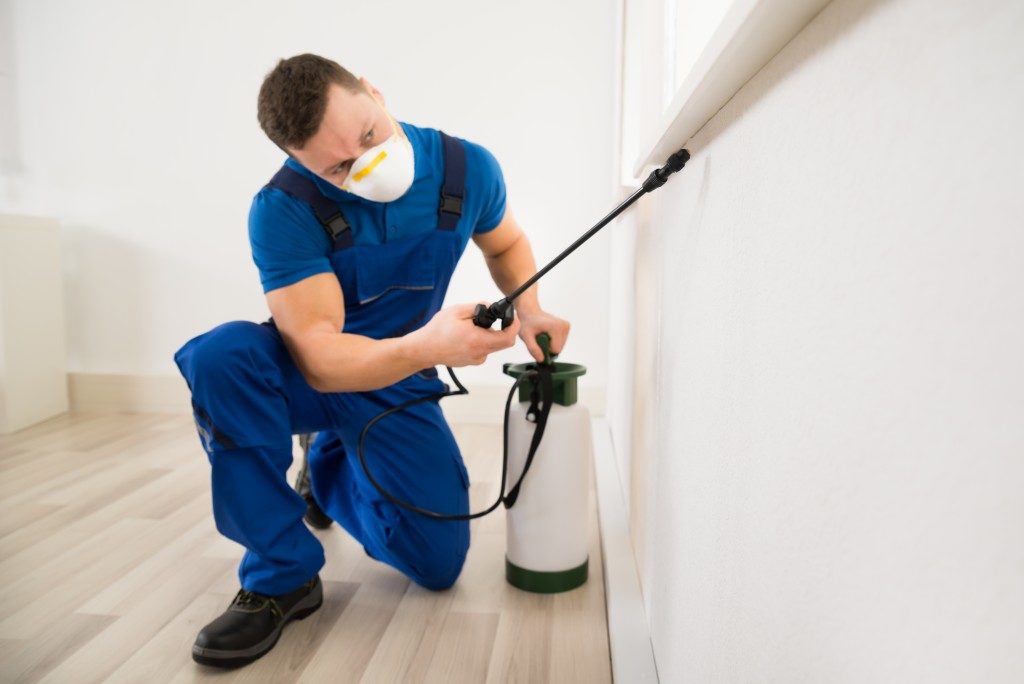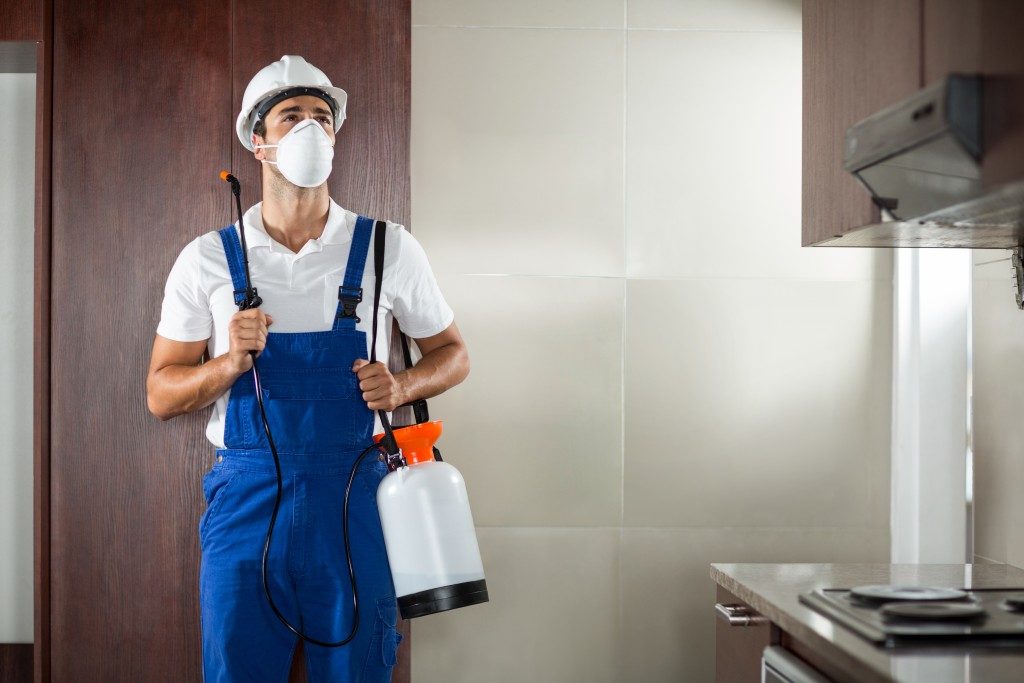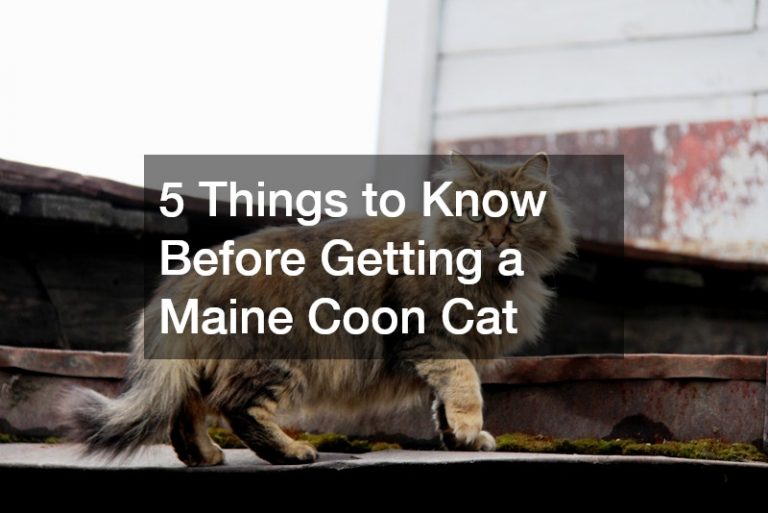Household pests are inevitable, especially with the changing seasons, and all you can do as a homeowner is conduct corrective and preventive measures to keep the same cases from happening again. While nothing can guarantee that your home will be 100% pest-free, there are plenty of ways to manage and keep them at a minimum.
If you live in the New England area, where the weather can be quite unpredictable, homeowners need to be extra vigilant with these measures by hiring a reputable pest control service.
What can you do to solve your pest issues safely? Here are some tips to help you deal with pests a lot less frequently or not at all:
1. Try preventive measures first
If you keep your house clean, dry and clutter-free, there will be fewer reasons critters will want to visit. Pests are attracted to damp and dark areas, food particles, dirty corners, and the like, so it’s time to clear your rooms, garage, storage lockers, and even your general areas of anything that will attract them. As the saying goes, the best defense is a great offense.
2. If there are already pests, find a safe way to get rid of them
If pests are already a problem, don’t reach for the chemical spray just yet. There are natural solutions to getting rid of them without risking your family’s health. You can try garlic-mint sprays, apple cider vinegar, fruit fly traps, borax and sugar ant killers, and other types of natural solutions. If you do have pesticides at home, be sure to use them according to the instructions. When it comes to chemicals, a higher quantity doesn’t mean more effective.
3. Never mix pesticides and always wear protective clothing when handling them
Mixing different pesticide formulations increases the risk of a chemical reaction, so it’s best not to combine products and just use them as is. The chemicals should also be stored in the right containers and kept away from the reach of kids and pets.
4. Differentiate between indoor and outdoor pesticides
Just because the bottle says “pesticide” doesn’t mean you can use it anywhere there are pests. Outdoor chemicals are formulated to be stronger than the ones recommended for indoor use and will remain toxic for a long time after they are applied.
5. Wash your hands after every use

This sounds like a simple tip, but it’s one of the most important. When handling pesticides, be sure to use protective clothing and then wash your hands thoroughly afterwards, even if you think you didn’t touch the product at all. It’s also best if you don’t spray or apply them onto areas that are constantly exposed to prevent poisoning.
Whenever you apply pest control products, make sure there are no pets or children in the area to prevent accidental poisoning. When using it indoors, cover or remove food items and cooking and eating materials. Relocate pet dwellings so that none of the product gets in contact with them.
Once you have completed scouring your home for potential pest attractions and applied the right interventions, orient your household to manage their wastes properly to prevent any infestation in the future. If your DIY solutions still don’t seem to work, it’s best to call a professional who can properly diagnose the problem and apply the right procedures.





